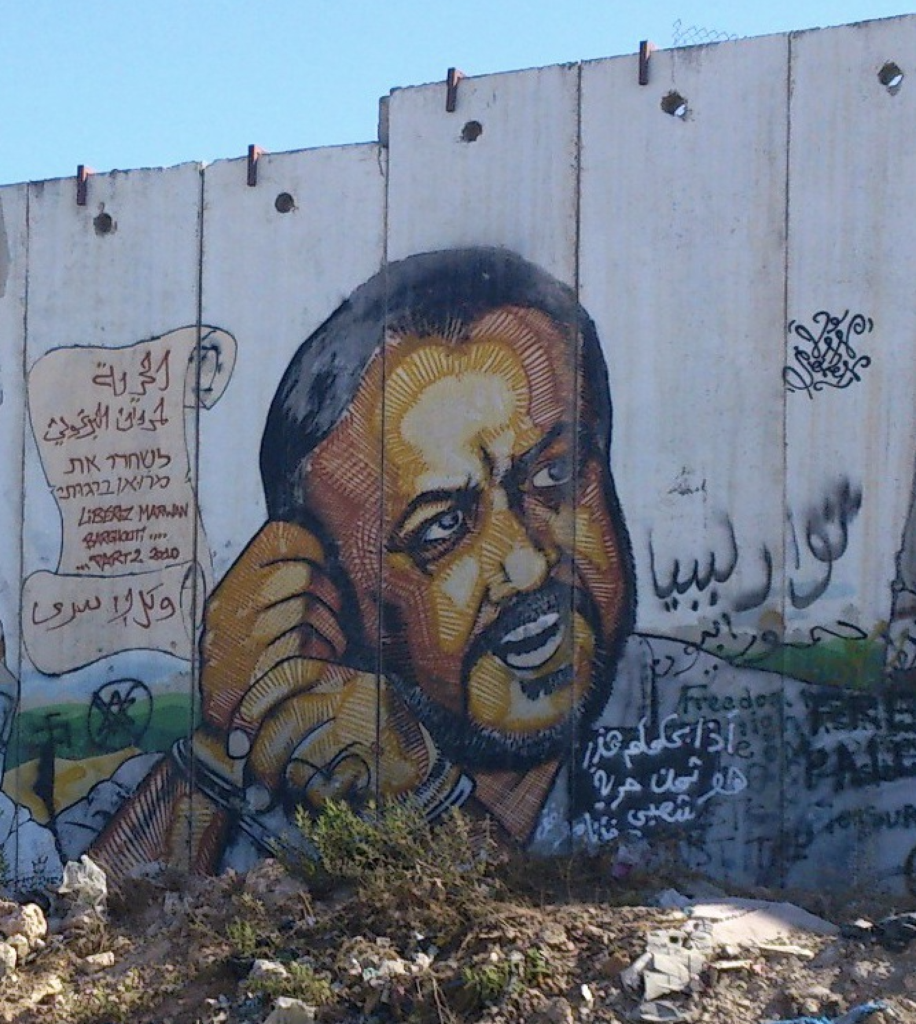Gaza Ceasefire Calls for Unifying Palestinian Leadership

By: Ghassan Rubeiz / Arab America Contributing Writer
It may serve Arab Americans well in the long run to soften their criticism of Kamala Harris, the new presidential Democratic nominee. It is unrealistic to expect her to challenge the political party which has just picked her as its leader. Arab Americans want this rising American politician to do more for justice in the Middle East. But Harris is unable to push for an embargo on arms to Israel, acknowledge the Gaza war as genocide, or publicly acknowledge that the occupation of Palestinian territories is a root cause of the Arab-Israeli conflict.
Even if Harris and Tim Walz, her vice-presidential running mate, agree with Arab Americans, they cannot run the risk of losing the race to Donald Trump by calling for a radical shift in US policy toward Israel. Challenging the underlying institutions that maintain a symbiotic relationship that deeply ties the US to Israel would be political suicide at this juncture. A flourishing military-industrial complex, a powerful pro-Israel lobby, a militant Evangelical church movement, and two well-oiled political parties will continue to serve Israel reflexively until American society becomes sufficiently diverse and integrated.
The Harris team, which has impressively revived the chances for the Democratic Party to win the November elections, is not about to challenge US-Israel relations to keep the Arabs and Muslim voters on their side. This does not mean Harris and Walz are numb to Palestinian suffering. They can be induced to offer serious attention to the ongoing and critical negotiations for a ceasefire in Gaza, which could quell the rising hostilities on the Israel-Lebanon border but also prevent a regional war between Israel and Iran into which the United States could quickly become embroiled.
The media claims that the chances for a ceasefire this week have never been as good, but it is doubtful that Netanyahu is ready to sign a deal yet. He is armed with excuses to reject a peace scenario. His latest excuses are “protecting” the border between Egypt and Gaza and setting up road checkpoints to monitor the movement of Gaza residents.
Behind the scenes, Washington is sending a two-track message to Iran and another to Jerusalem. To Iran, Washington promises to produce a ceasefire quickly if Tehran refrains from retaliation against Israel for its two recent assassinations in Tehran and Beirut. It adds that the US would join the war to protect Israel should Iran and its proxies retaliate.
As for Israel, the White House has sent a message of exasperation. Netanyahu must choose between listening to Biden or to his two fanatical cabinet ministers, Ben-Gvir and Smotrich- who want him to continue the war in Gaza and even widen it to Iran and Hezbollah.
The response from Iran and its principal ally, Lebanon’s Hezbollah, is also confusing. On one hand, there are signs of an imminent attack on Israel; on the other, there are reports that neither the Islamic Republic nor Hezbollah wish to get involved in a devastating regional war. This week may be the now-or-never opportunity for a ceasefire in Gaza. To bear fruits, the ceasefire has to offer reasonable conditions for all stakeholders.
As the head of the Democrats’ ticket to the White House, Harris, supported by her running mate Walz, could play a significant role in making the ceasefire happen. Arab Americans could urge Harris and Walz to push for a ceasefire agreement that would exchange Israeli hostages for Palestinian prisoners, both political and non-political, and ensure the withdrawal of Israeli forces from the Gaza Strip. The draft ceasefire agreement hammered by the Arab, Israeli, and American negotiators over the past few weeks allows only six weeks for the first phase and a few more weeks for a final execution phase.
However, the situation is too complicated to plan and resolve in a few months. A minimum period of one year is needed to allow for the transition, which would include the withdrawal of Israeli forces from Gaza, the provision of temporary international security, and the election of a Palestinian national leader. Given an extensible transition period of one year, international forces could replace Israeli forces and allow Palestinians to conduct free and fair elections.
The emergence of Palestinian leadership is critical for a new and brighter future. It would facilitate the unity of Palestinians immensely if Israel would agree to include Marwan Barghouti among the released Palestinian prisoners stipulated by the ceasefire agreement.
Barghouti is the most popular Palestinian leader across all factions. He could play a key role in reviving the Palestinian Liberation Organization and creating a single government for Gaza and the West Bank. If one is looking for a way to minimize the role of Hamas in future Palestinian politics and to reduce violence between Palestinians and Israelis, a freed Barghouti could be the answer.
Giving Harris’ team the time and support to act responsibly in Gaza makes sense. But Democratic leadership must start applying firm pressure on Israel to cooperate in ending the war and the occupation in Gaza, halting the annexation of the West Bank, and resolving the crisis on the Lebanon border.
Ghassan Rubeiz is the former Middle East Secretary of the World Council of Churches. Earlier he taught psychology and social work in his country of birth, Lebanon, and later in the United States, where he currently lives. For the past twenty years, he has contributed to political commentary and delivered occasional public talks on subjects related to peace, justice, and interfaith. You can reach him at rubeizg@gmail.com
The views and opinions expressed in this article are those of the author and do not necessarily reflect the position of Arab America. The reproduction of this article is permissible with proper credit to Arab America and the author.
Check out our Blog here!









